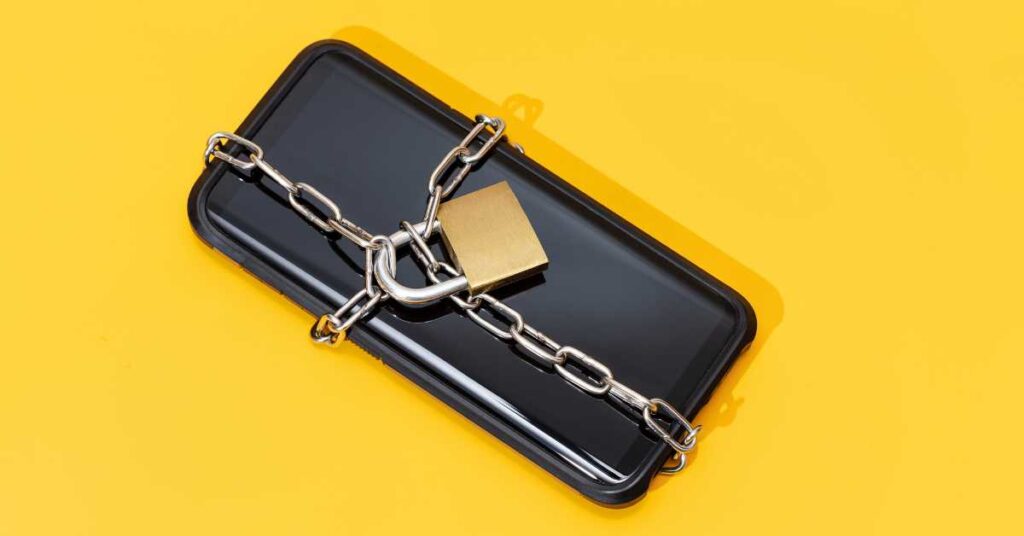Introduction
In today’s digital landscape, mobile apps have become an integral part of our lives. We rely on them for communication, productivity, entertainment, and various other purposes. However, with the increasing number of mobile apps available, it’s crucial to ensure their security and protect our personal information. In this article, we will explore effective strategies for securing mobile apps and managing app permissions to safeguard our privacy and data.
Understanding the Importance of App Security
Mobile app security is paramount as it involves protecting sensitive user information, such as personal details, financial data, and login credentials. By understanding the significance of app security, we can take proactive measures to minimize the risks associated with using mobile apps.
Keeping Apps Updated
Regularly updating mobile apps is essential for maintaining security. Developers frequently release updates that address vulnerabilities and fix security issues. Enable automatic app updates on your device or manually check for updates in the app store to ensure you’re running the latest and most secure versions of your apps.
Downloading Apps from Trusted Sources
When installing new apps, it’s crucial to download them from trusted sources like official app stores (Google Play Store, Apple App Store) or reputable third-party stores. These sources have security measures in place to verify app authenticity and minimize the risk of downloading malicious software.
Reading App Reviews and Ratings
Before installing an app, take the time to read user reviews and ratings. Reviews often provide insights into app functionality, performance, and security concerns. Pay attention to any red flags mentioned by users, such as excessive app permissions or suspicious behavior.
Limiting App Permissions
Mobile apps often request various permissions to access device features, contacts, camera, microphone, and more. Review the permissions requested by each app before granting access. Consider whether the requested permissions align with the app’s functionality. If an app requests unnecessary permissions, it’s advisable to reconsider its installation or seek an alternative.
Managing App Permissions
On both Android and iOS devices, you can manage app permissions in the settings. Regularly review and modify app permissions as needed. For example, if a particular app no longer requires access to your location or contacts, revoke those permissions to reduce the potential for data misuse.
Practicing Secure Authentication
Ensure that the mobile apps you use employ secure authentication methods. Look for apps that support strong password requirements, two-factor authentication (2FA), or biometric authentication (fingerprint or facial recognition). These authentication measures add an extra layer of security, making it harder for unauthorized individuals to access your app and data.
Utilizing App Locks and Encryption
Some apps offer built-in security features like app locks or encryption. Take advantage of these features to protect sensitive information within the app. App locks require a password or biometric authentication to access the app, while encryption ensures that data stored within the app is protected from unauthorized access.
Being Cautious with Public Wi-Fi
When using mobile apps on public Wi-Fi networks, exercise caution. Public Wi-Fi networks can be insecure and leave your data vulnerable to interception. Avoid accessing sensitive information or making financial transactions while connected to public Wi-Fi. Instead, use a virtual private network (VPN) to encrypt your internet connection and protect your data.
Regularly Backing Up App Data
To safeguard your app data from accidental loss or security breaches, regularly back up your mobile device. Enable automatic backups or manually backup your important app data to a cloud storage service or a local device. This way, even if your device gets lost, stolen, or compromised, you can restore your app data to a new device securely.
Educating Yourself About App Security Best Practices
Staying informed about the latest app security best practices is crucial for protecting your mobile apps and data. Keep up with security news, follow reputable technology blogs, and stay informed about emerging threats and vulnerabilities. By educating yourself, you can make well-informed decisions when it comes to securing your mobile apps.
Reporting Security Concerns
If you come across any security concerns or vulnerabilities in a mobile app, it’s essential to report them to the app developer or the app store. By doing so, you contribute to the overall improvement of app security and help protect other users from potential risks.
Conclusion
Securing mobile apps and managing app permissions are vital steps in protecting our privacy, data, and digital lives. By following the strategies outlined in this article, such as keeping apps updated, downloading from trusted sources, managing permissions, and practicing secure authentication, we can minimize the risks associated with using mobile apps. Remember, staying vigilant and proactive is key to ensuring a safe and secure mobile app experience.
Frequently Asked Questions (FAQs)
Q1. Why is it important to limit app permissions?
A1. Limiting app permissions is crucial because it helps protect your privacy and data. By granting only necessary permissions, you reduce the potential for apps to access sensitive information or misuse your data.
Q2. How can I manage app permissions on my device?
A2. On Android devices, go to Settings > Apps > [App Name] > Permissions to manage app permissions. On iOS devices, go to Settings > Privacy to manage app permissions.
Q3. Are apps from official app stores always secure?
A3. Official app stores have security measures in place, making them generally safer than third-party sources. However, no platform is completely immune to risks. It’s still important to exercise caution and read user reviews before installing any app.
Q4. What should I do if I suspect an app is insecure or malicious?
A4. If you suspect an app is insecure or malicious, immediately uninstall it from your device. You can also report your concerns to the app store or the app’s developer.
Q5. How often should I back up my app data?
A5. It’s advisable to back up your app data regularly, preferably on a weekly or monthly basis. Automatic backup options are available on most devices and cloud storage services, making the process convenient and hassle-free.
Remember, prioritizing app security and being mindful of app permissions can go a long way in safeguarding your personal information and ensuring a secure mobile app experience.






